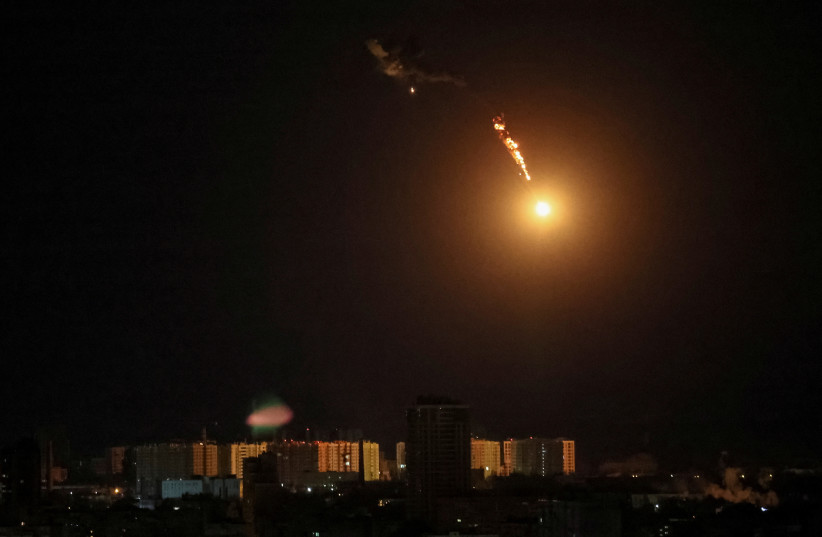Russia's Kremlin said Wednesday that the scientists behind the country's hypersonic missile technology face “very serious accusations."
A rare public outroar over a wartime crackdown has fueled, increasing unease across Russian society and led to treason charges against three scientists who were arrested at home within the last year. Russia's missile technology was at one point acknowledged as unstoppable, but Kyiv claims its US-supplied air defense systems have been able to shoot many of the missiles down, leading to the Kremlin's harsh response.
In an open letter published Monday criticizing the arrests, colleagues of the three scientists warned that Russia’s knowledge on the subject faces “impending collapse.”
Who are the arrested scientists?
The arrested academics in hypersonic technology — Anatoly Maslov, Alexander Shiplyuk and Valery Zvegintsev — were employees of the Khristianovich Institute of Theoretical and Applied Mechanics in the Siberian city of Novosibirsk.
They were all detained on suspicion of high treason within the past year, according to the letter published on the institute’s website.

Russia's hypersonic missiles
Russia considered the air-launched ballistic missiles to be next-generation technology. In 2018, President Vladimir Putin boasted that they are “invulnerable” to existing missile and air defense systems, which “simply cannot catch up with them.”
On Tuesday, Ukraine claimed to have shot down six Russian Kinzhal air-launched ballistic missiles, although Russia disputed this.
The claim came almost two weeks after Kyiv announced the first downing of the "hypersonic" weapon.
"Another unbelievable success for the Ukrainian Air Forces!" Ukrainian Defense Minister Oleksii Reznikov claimed. "Last night, our sky defenders shot down six Russian hypersonic Kinzhal missiles and 12 other missiles."
The Monday night barrage included nine Kalibr sea-launched missiles, three land-based missiles, and drones.
The Kalibr cruise missiles launched from Russian warships in the Black Sea, and the land-based missiles were Iskander-M and S-400 missiles. The S-400 is normally used as an anti-air system, but the platform has land attack capability.
Michael Starr contributed to this report.
